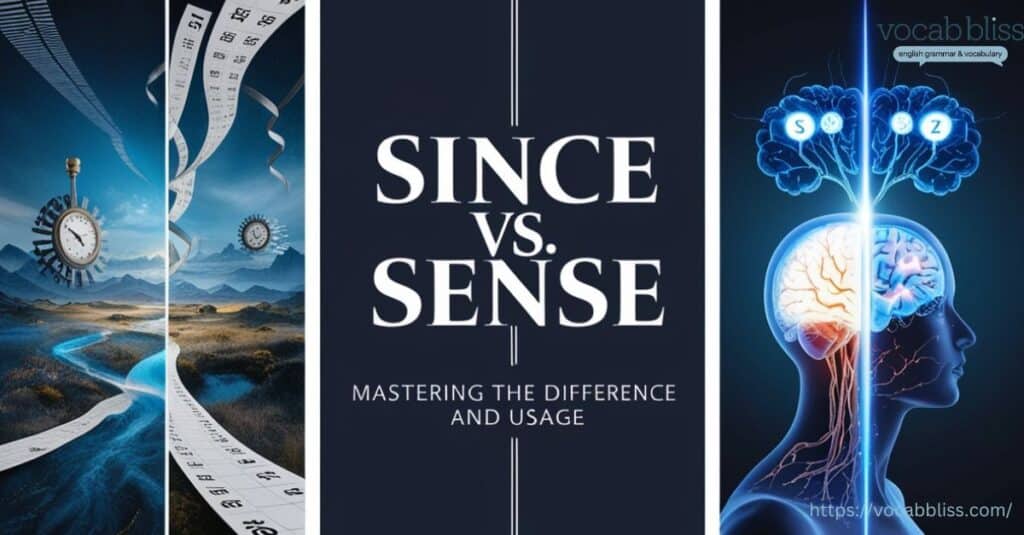When it comes to English grammar, certain words often trip us up due to their similar spellings and pronunciations. Two prime examples are “since vs sense”. While these words may look and sound somewhat alike, their meanings and uses are worlds apart.
In this detailed guide, we’ll explore everything you need to know about “since vs sense”, from definitions and grammar tips to practical examples since vs sense.
⚡Quick Summary
Understanding the difference between “since” and “sense” is essential for clear communication in English. “Since” relates to time (e.g., “since yesterday”) or provides a reason (e.g., “since it’s raining”). “Sense,” on the other hand, refers to perception (e.g., “sense of smell”) or logical understanding (e.g., “that makes sense”). While their similar spelling and pronunciation often cause confusion, remembering their distinct meanings can help avoid common mistakes. Always use “sense” for logic or feelings and “since” for time or causation. Practice with examples to solidify their correct usage!
Discover more: Pronounciation Or Pronunciation: Which Is Correct?
What Do “Since vs Sense” Mean?
Defining “Since”

The word “since” is a versatile term in the English language, functioning as a conjunction, preposition, and adverb, depending on the context. At its core, “since” conveys two primary ideas: time and reason. When referring to time, it denotes a point of origin, indicating when an action or event began (e.g., “I’ve lived here since 2010”).
In terms of causation, it links a cause to its effect, similar to “because” (e.g., “Since it’s late, we should leave now”). Its dual nature makes it a fundamental part of both chronological narratives and logical explanations, requiring careful attention to context to ensure its correct use.
As a Conjunction
“Since” connects clauses, often introducing a reason or cause. For example:
- “I stayed home since it was raining.”
Here, it implies a causal relationship.
As a Preposition
When used as a preposition, “since” indicates time. For example:
- “He has been working here since 2010.”
This sentence establishes a starting point in time.
As an Adverb
As an adverb, “since” emphasizes the passage of time. For example:
- “I met her five years ago, and we’ve been friends ever since.”
Defining “Sense”
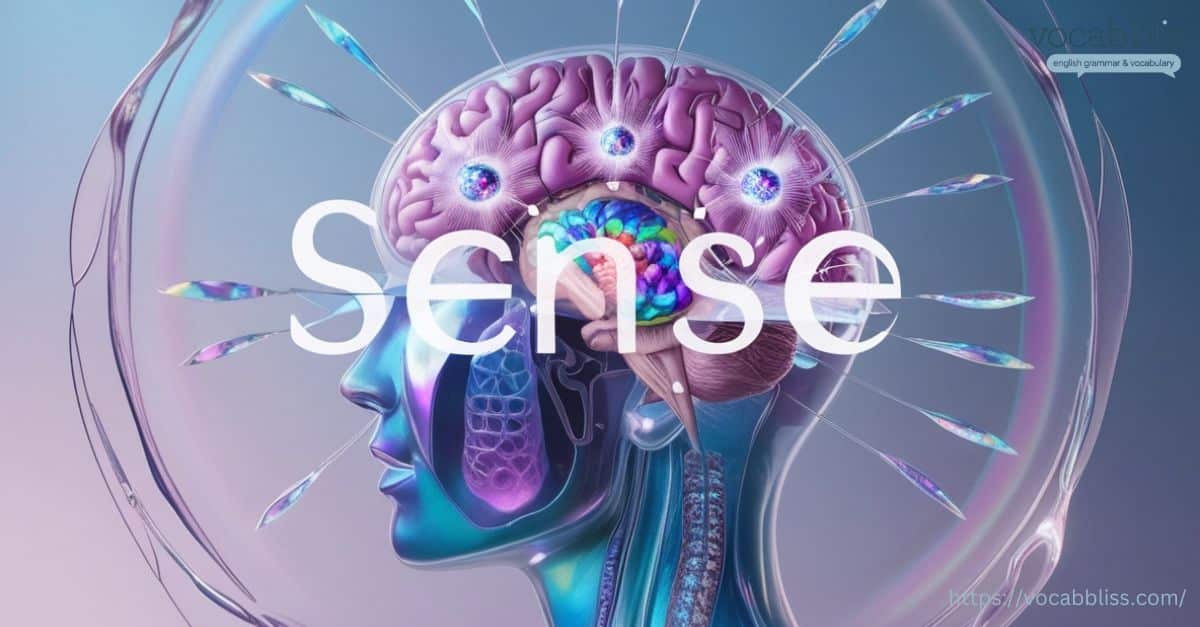
The word “sense” refers to both perception and understanding, making it a dynamic term in English. As a noun, it describes the ability to perceive the world through one of the five senses: sight, hearing, smell, taste, and touch (e.g., “Her sense of smell is remarkable”).
It also captures an intellectual or emotional understanding, such as intuition, logic, or coherence (e.g., “That idea makes sense”). As a verb, “sense” means to detect or become aware of something, often through instinct or subtle observation (e.g., “I can sense that something is wrong”). Whether describing physical perception or abstract understanding, “sense” connects us to the world and helps us interpret meaning.
As a Noun
“Sense” refers to physical perception (like the five senses), logical understanding, or intuitive feelings. For example:
- Perception: “Her sense of smell is remarkable.”
- Understanding: “That explanation makes perfect sense.”
- Intuition: “I had a sense that something was wrong.”
As a Verb
When used as a verb, “sense” describes detecting or perceiving something. For example:
- “I could sense his hesitation during the meeting.”
Why Are “Since vs Sense” Confused?
The confusion between “since vs sense” arises from their similarities in spelling, pronunciation, and contextual dependency. Here’s a breakdown of why these two words often trip people up:
1. Similar Spelling and Pronunciation
- Both words start with “s” and end with “se,” which can lead to quick misinterpretation when reading or writing.
- In rapid speech, their vowel sounds may seem interchangeable, particularly for non-native speakers or in accents where enunciation is less distinct.
2. Homophones and Near-Homophones in English
English is full of heterographs (words that sound alike but have different meanings and spellings). since vs sense examples include “their,” “there,” and “they’re.” While “since” and “sense” aren’t perfect homophones, they’re close enough to cause mistakes, especially when heard out of context.
3. Dependence on Context
Both words require the surrounding sentence to clarify their roles:
- “Since” often introduces time or causation, which is context-sensitive.
- “Sense” relates to perception, meaning, or logic, but its exact usage can vary widely based on the type of sentence.
For example:
- “I haven’t seen her since morning.” (Time indicator)
- “That statement doesn’t make sense.” (Logical understanding)
If someone misinterprets the sentence’s intention, they might confuse the words.
4. Quick Writing or Speaking Errors
In casual settings like texting or informal emails, people may type one word when they mean the other. This is especially common due to autocorrect tools or typos.
5. Overlapping Contexts
Sometimes, “since” and “sense” can appear close together in a sentence, which amplifies the confusion:
- “Since then, I’ve developed a sense of responsibility.” In such cases, clarity depends on understanding their distinct functions.
6. Influence of Misused Phrases
Incorrect usage in informal communication, such as social media or unedited online content, contributes to the mix-up. For instance:
- Writing “Since it doesn’t make since” instead of “Since it doesn’t make sense.”
Overcoming the Confusion
- Understand Their Roles: Always remember that:
- “Since” refers to time or causation.
- “Sense” deals with perception or understanding.
- Practice Context-Based Usage: Look at how the words fit into a sentence. Is it about a time frame or logical understanding?
- Substitution Test: Replace the word with a synonym:
- If “because” or “from” fits, it’s likely “since.”
- If “logic” or “feeling” fits, it’s probably “sense.”
By focusing on these distinctions and applying them regularly, you can avoid mixing up these commonly confused words.
Comparing “Since vs Sense”
Although “since vs sense” are distinct in meaning and function, their similarities in appearance and pronunciation often lead to confusion. Let’s break down their differences and examine how they are used in various contexts.
“Since”: A Marker of Time or Reason
“Since” primarily functions as a conjunction, preposition, or adverb, often relating to time or causation.
Primary Uses of “Since”
| Role | Purpose | Example |
|---|---|---|
| Conjunction | Shows cause or reason. | “I stayed home since it was raining.” |
| Preposition | Refers to a point in time. | “I’ve been here since noon.” |
| Adverb | Indicates the time elapsed. | “I met him years ago, and we’ve been friends ever since.” |
Characteristics of “Since”:
- Time-based: Often used to pinpoint when an action began.
- Reason-based: Can introduce a cause-and-effect relationship.
- Context-specific: The meaning changes depending on its grammatical role.
“Sense”: An Indicator of Perception or Meaning
“Sense” is more abstract, referring to physical or emotional perception, understanding, or intuition. It can function as both a noun and a verb.
Primary Uses of “Sense”
| Role | Purpose | Example |
|---|---|---|
| Noun | Refers to perception or understanding. | “The sense of smell is vital for taste.” |
| Verb | Describes perceiving or detecting. | “I could sense her hesitation.” |
Characteristics of “Sense”:
- Physical perception: Relates to the five senses (sight, smell, taste, touch, and hearing).
- Emotional perception: Includes intuition or an instinctive feeling.
- Logical understanding: Often used to describe rationality or coherence.
Side-by-Side Comparison
| Feature | Since | Sense |
|---|---|---|
| Definition | Refers to time or reason. | Refers to perception, meaning, or logic. |
| Part of Speech | Conjunction, preposition, adverb. | Noun, verb. |
| Example Usage | “Since morning, it has been raining.” | “That idea makes perfect sense.” |
| Associated Synonyms | Because, from, as. | Logic, perception, intuition. |
| Context | Time frames, cause-effect relationships. | Physical, emotional, or intellectual experiences. |
Practical Example: Using Both in a Sentence
Sometimes, “since vs sense” can appear in the same sentence. For example:
- “Since we lost power, it makes sense to use the generator.”
Here, “since” explains the reason (losing power), while “sense” reflects logical understanding (using the generator).
Key Takeaways
- Use “since” when referring to time or causation.
- Use “sense” for perception, understanding, or logic.
- Rely on the context of the sentence to identify which word fits.
Mastering the distinction between these two words enhances clarity in both writing and speech, ensuring your communication is precise and professional.
Examples of “Since vs Sense” in Context
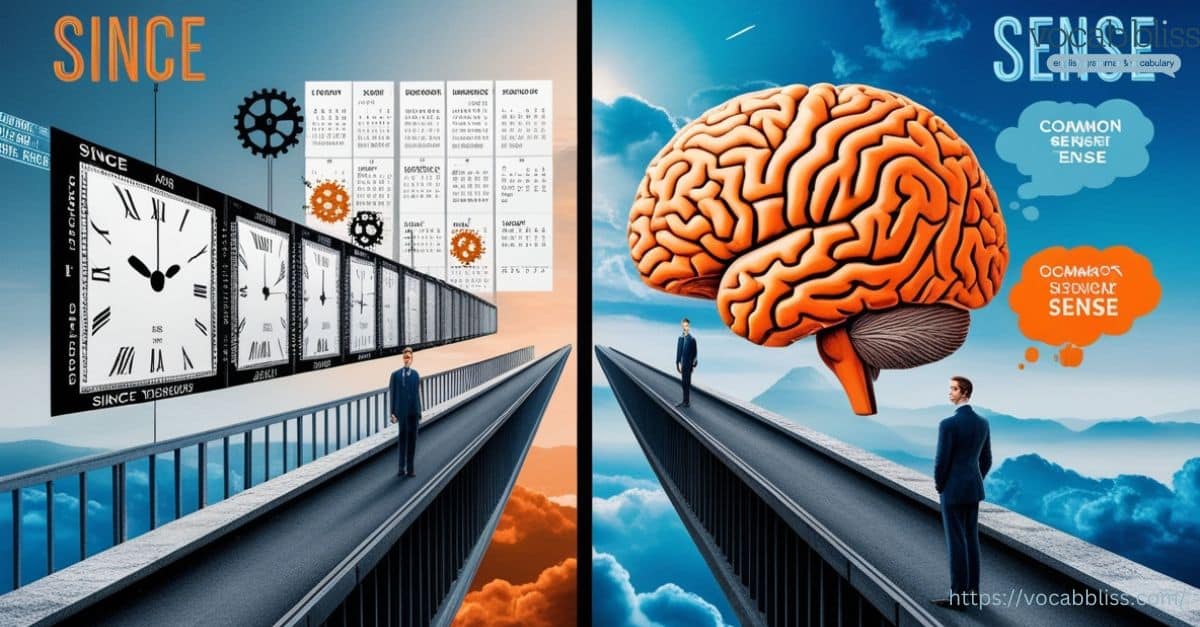
To fully understand how to use “since vs sense”, let’s explore practical examples that showcase their distinct roles in English grammar.
Using “Since” in Context
“Since” is versatile and functions as a conjunction, preposition, or adverb. Its primary roles are to indicate time or provide a reason.
Time-Related Examples:
- Conjunction:
- “I have been working remotely since the pandemic began.”
- “She’s been at the company since she graduated from college.”
- Preposition:
- “He’s lived in this town since 2015.”
- “The park has been closed since last summer.”
- Adverb:
- “He left an hour ago, and we haven’t heard from him since.”
- “The dog ran away yesterday and hasn’t returned since.”
Reason-Related Examples:
- Conjunction:
- “I’ll cancel the picnic since it’s raining outside.”
- “Since you’re already here, let’s begin the presentation.”
Using “Sense” in Context
“Sense” serves as a noun to refer to perception, intuition, or meaning, and as a verb to describe detecting or understanding something.
Noun Examples:
- Perception:
- “Humans rely on their five primary senses: sight, hearing, smell, taste, and touch.”
- “The cat’s sharp sense of smell helped it find the hidden food.”
- Understanding:
- “That explanation makes perfect sense to me.”
- “Your argument doesn’t have any logical sense behind it.”
- Intuition or Feeling:
- “I had a sense that something wasn’t right.”
- “Her sense of direction is incredible; she never gets lost.”
Verb Examples:
- Detecting:
- “I could sense his hesitation during the interview.”
- “She sensed the danger and stepped back immediately.”
- Understanding:
- “Can you sense the excitement in the room?”
- “He sensed that she was upset, even though she said nothing.”
Comparative Examples of “Since vs Sense”
Sometimes, both words can appear in the same sentence or closely related contexts. Here’s how they differ makes sense or since:
- “Since I’ve taken up yoga, I’ve developed a better sense of balance.”
- “Since” marks the starting point of time.
- “Sense” refers to perception or skill.
- “It’s been years since we talked, but I can still sense the warmth in your voice.”
- “Since” indicates the passage of time.
- “Sense” describes detecting or perceiving warmth.
Quick Substitution Tip
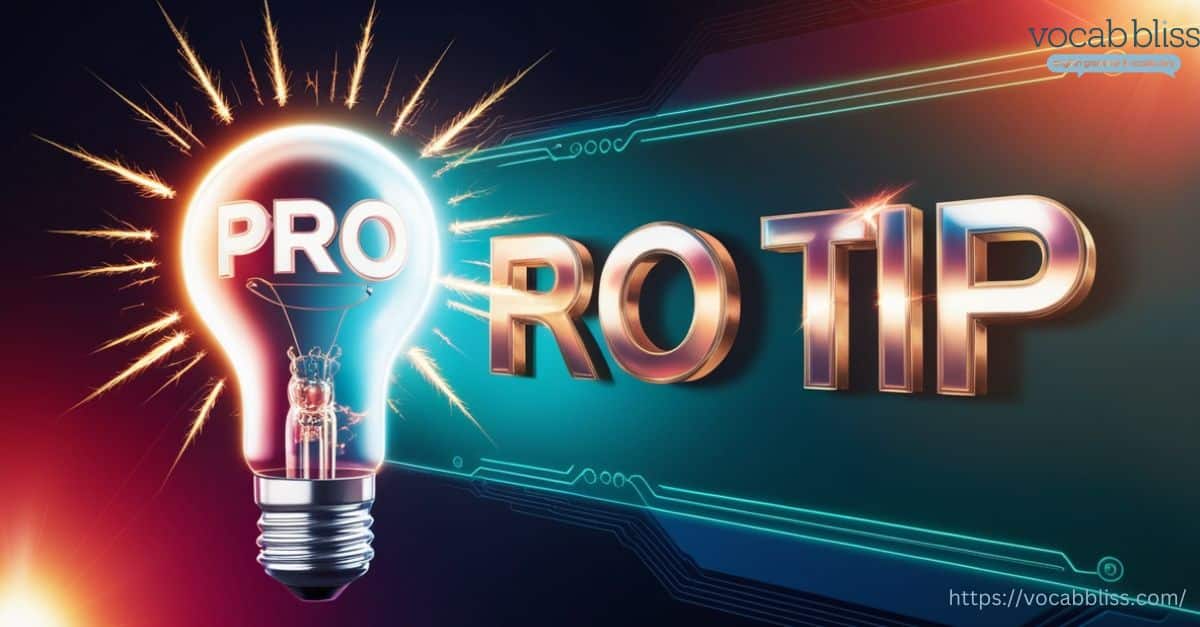
When in doubt, try replacing:
- “Since” with “because” (reason) or “from the time” (time).
- “Sense” with “logic,” “perception,” or “feeling.”
This substitution can help ensure you’re using the correct word.
Pro Tip: Practice these examples and notice how the roles of makes since or sense naturally fit into different contexts. Over time, their correct usage will become second nature!
Common Synonyms for “Sense vs Since”
Alternatives to “Since”
| Context | Synonyms |
|---|---|
| Indicating time | “After,” “from the time,” “as of” |
| Indicating reason | “Because,” “as,” “due to” |
Substitutes for “Sense”
| Context | Synonyms |
|---|---|
| Perception or feeling | “Awareness,” “intuition,” “impression” |
| Meaning or understanding | “Logic,” “significance,” “rationale” |
Make Since or Make Sense: Which Is Correct?
The correct phrase is “make since or make sense” The word “sense” refers to logical understanding or clarity, which aligns with the meaning of the phrase. For example, you might say, “Your explanation doesn’t make sense,” to indicate that something is unclear or illogical.
In contrast, “since” relates to time or causation and does not fit the context. Misusing “make since” is a common error, likely due to the similar pronunciation of the two words. Always remember: if you’re referring to logic or understanding, “make sense” is the right choice.
Key Tips to Avoid Misusing “sense or since”
- Identify the Context: Ask yourself if the sentence involves time, causation, or perception.
- Substitution Test: Replace the word with its synonym. If it still makes sense, you’ve used the correct term.
- Practice Sentences: The more you use these words, the better you’ll get at distinguishing them.
“Sense vs Since” in Writing and Speech
Both words play vital roles in communication:
- In writing, clarity hinges on choosing the right word based on context.
- In speech, pronunciation can lead to confusion, especially in rapid conversations.
Example Misstep:
- Incorrect: “Since your feedback, I developed a better sense of punctuality.”
- Correct: “Because of your feedback, I developed a better sense of punctuality.”
Historical and Etymological Roots of Sense vs Since
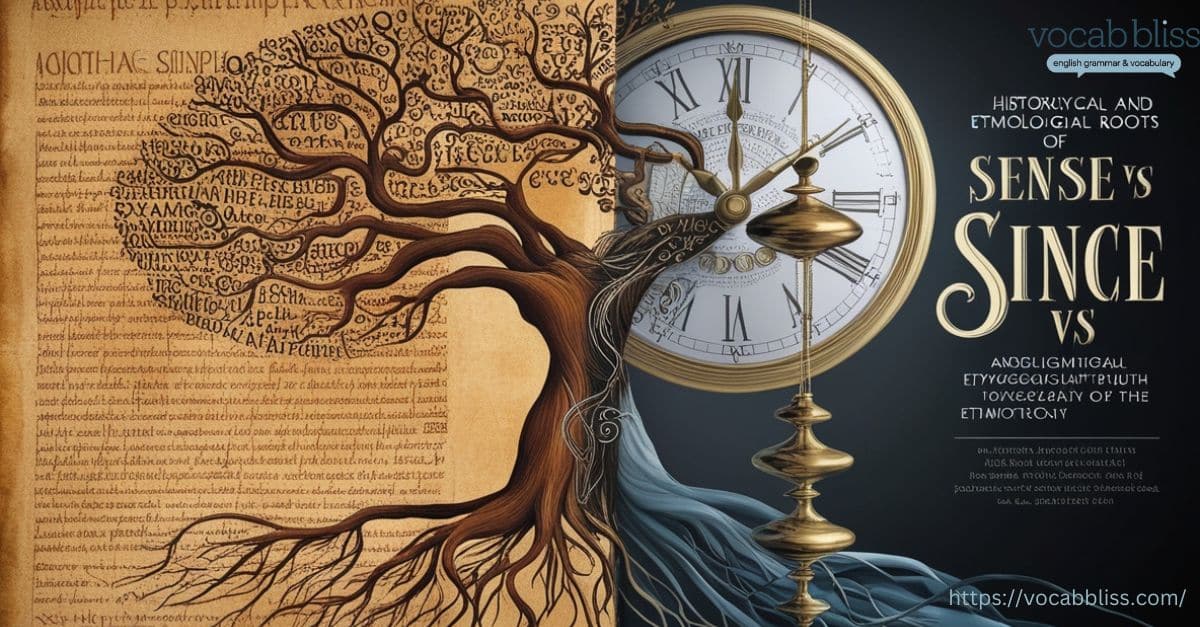
| Word | Origin | Meaning Evolution |
|---|---|---|
| Since | Latin: “sciens” (knowing) | Focused on time and reason |
| Sense | Latin: “sensus” (perception) | Related to feeling, perception, and meaning |
Understanding their origins deepens appreciation for their distinct roles in English.
Putting that makes sense or since to Use
- Fill-in-the-Blank:
- “I haven’t seen her ________ last year.” (since/sense)
- “This idea doesn’t make any ________.” (since/sense)
- Sentence Rewrites:
- Original: “From last week, I’ve been busy.”
- Revised: “I’ve been busy since last week.”
Conclusion:
Mastering the difference between Sense vs Since is key to clear communication. Remember:
- “Since” relates to time or reason.
- “Sense” connects to perception or meaning.
By practicing and applying these distinctions, you’ll enhance your grammar skills and confidence in English communication.
Continue reading:
- Connecter or Connector: What’s the Correct Spelling?
- Hustle or Hussle: Which Spelling is Correct?
- Attornies or Attorneys: Which version is correct?
- Truely or Truly: Which One Is Correct?

Jorge Phillips is an experienced blogger who writes for Vocab Bliss, sharing his passion for the English language. With a knack for simplifying complex grammar rules and a focus on commonly confused words, Jorge helps readers navigate the nuances of English with ease. His insights aim to make learning engaging and practical.

